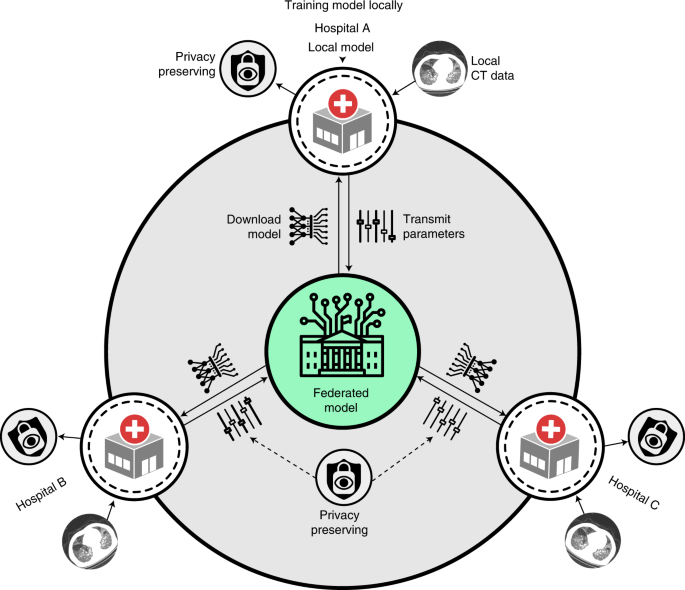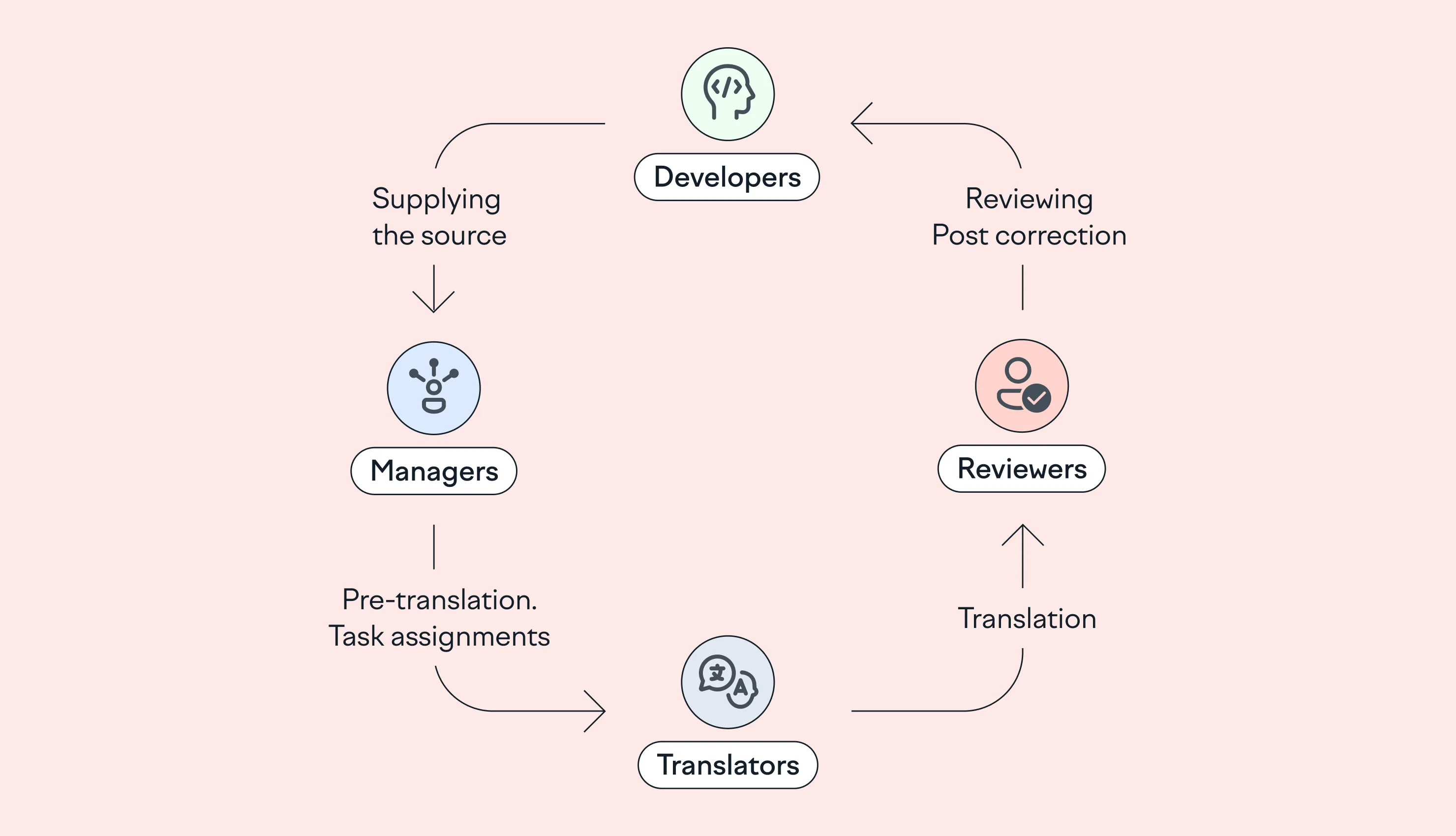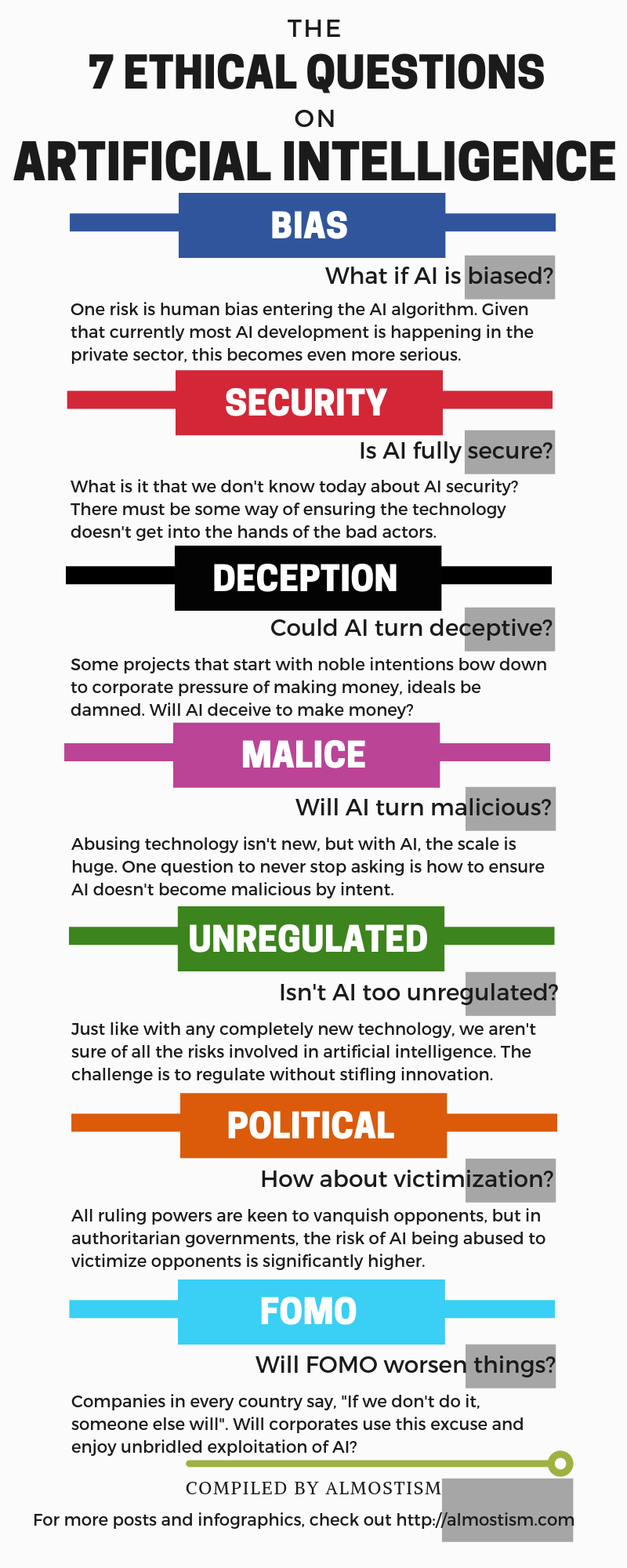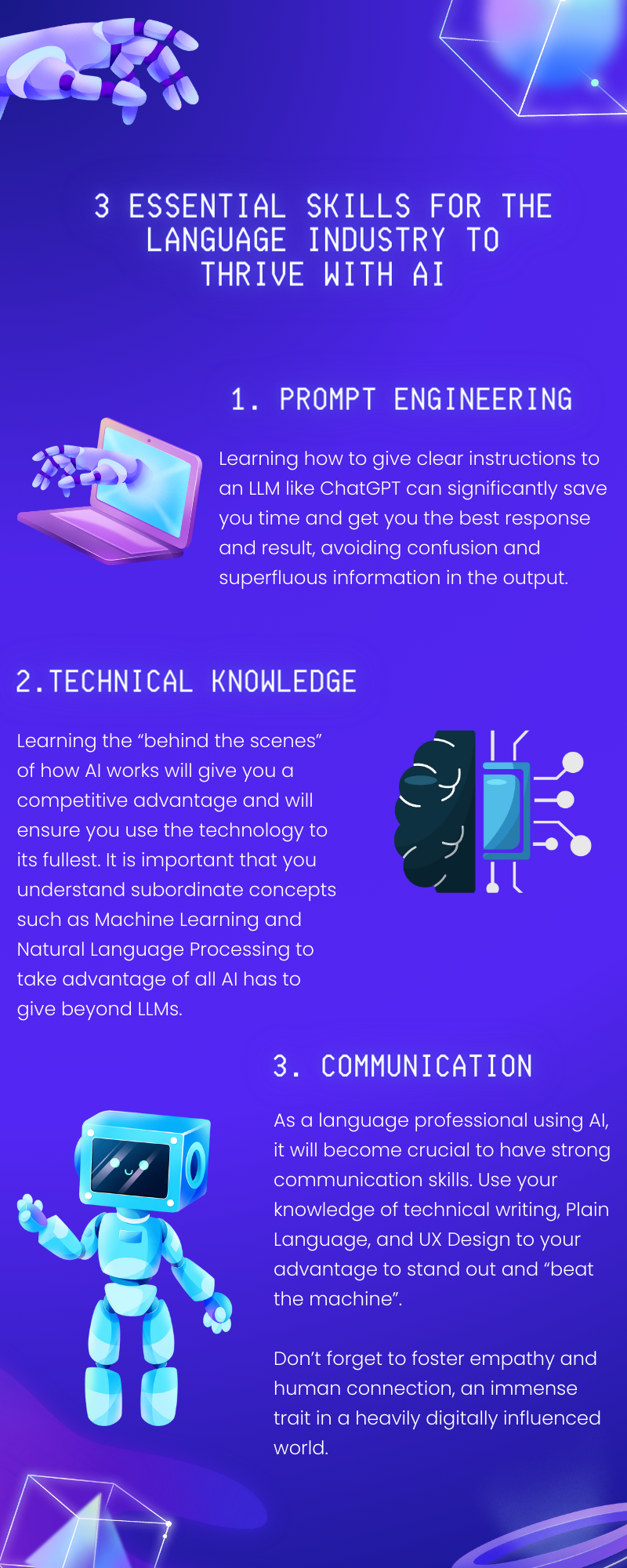In today's interconnected world, effective localization plays a critical role in the success of businesses aiming to reach diverse global markets. Tailoring content for specific audiences not only enhances user experience but also positively impacts a company's bottom line. The integration of artificial intelligence (AI) into the localization process has revolutionized how organizations manage translations and cultural adaptations. It is essential for businesses to understand cultural nuances to succeed internationally. This guide explores how AI can assist in creating culturally relevant content, ensuring translation quality, maintaining brand voice across languages, automating localization workflows, and outlining best practices for successful AI-powered localization.
Research indicates that 96% of B2B leaders find a positive return on investment (ROI) from localization efforts. Additionally, the global AI translation market is projected to grow at a compound annual growth rate (CAGR) of 36.6% through 2030. These figures highlight the potential for businesses to expand their reach and engage effectively with different audiences through thoughtful localization strategies.
This guide aims to provide practical insights for content creators, marketers, and localization specialists interested in leveraging AI for localization. The emphasis is on the interplay between AI technologies and human expertise, empowering professionals to implement effective localization strategies.
Why AI Localization is Essential for Global Success
Understanding cultural nuances is vitally important for businesses entering new markets. Organizations must grasp how language and cultural context influence consumer behavior and content receptiveness.
The rise of AI in localization offers advancements that enhance efficiency, such as automated translation processes. However, significant challenges remain in achieving true cultural relevance. Direct translations often overlook idiomatic expressions and cultural references, which may lead to misinterpretations. Thus, addressing these challenges requires a hybrid approach that combines AI capabilities with human oversight to ensure accuracy and cultural sensitivity.
Research shows that 96% of B2B leaders report a positive ROI from localization efforts, which underscores the economic benefits of effective localization. As AI localization tools continue to evolve, they are becoming integral to future business strategies, allowing companies to adapt quickly to the changing needs of their global audiences.
Infographic illustrating the growth and impact of AI localization on global business success (Source: GALA Global)
Leveraging AI for Cultural Relevance in Content
AI tools provide valuable advantages when it comes to creating culturally relevant content. By utilizing algorithms that analyze audience data, businesses can personalize their content according to specific cultural preferences.
Through detailed audience analysis, AI enables companies to tailor product recommendations and marketing content to suit local customs and consumer behavior effectively. This personalization fosters stronger connections with local audiences, ensuring that marketing efforts have a deeper impact.
Successful companies utilize AI-driven cultural adaptations by altering imagery, language tone, and pricing strategies to better resonate with local markets. Maintaining a consistent brand voice across languages can be achieved with the help of AI tools that ensure messaging is appropriately localized.
For example, the AI localization tools used by Celonis led to a fivefold increase in localized course completions, demonstrating the effectiveness of such strategies. Furthermore, e-commerce businesses have reported a 43% reduction in costs from implementing AI solutions, highlighting the financial advantages of adopting AI in localization processes.
 Visual showcasing successful examples of AI-driven localization across various industries (Source: Lokalise)
Visual showcasing successful examples of AI-driven localization across various industries (Source: Lokalise)
The Role of Human Experts in AI Localization
While AI provides valuable tools for localization, human expertise remains essential in ensuring quality and cultural authenticity. A fully automated approach may struggle to capture the nuances of local languages and cultures, potentially leading to miscommunication or unintended offenses.
Human translators bring insights into cultural nuances that algorithms often lack. Their experience allows for an understanding of subtle meanings, idiomatic expressions, and contextually relevant language that machines cannot easily interpret. Incorporating a review process where human experts evaluate AI translations significantly enhances the overall quality of localized content.
Best practices for integrating human expertise into the localization workflow include training AI models with feedback from linguists and cultural experts. This ongoing collaboration ensures that AI tools continuously improve while retaining a human touch.
Research suggests that combining AI capabilities with human expertise enhances both the speed and quality of localization processes. Additionally, continuous model updates allow businesses to address linguistic evolution and changing cultural contexts effectively.
 A visual model demonstrating the collaboration between AI technologies and human experts in localization (Source: Springer Nature)
A visual model demonstrating the collaboration between AI technologies and human experts in localization (Source: Springer Nature)
Automating Localization Workflows with AI Tools
The automation capabilities of AI localization tools have significantly improved workflows across various industries. When integrated with existing content management systems (CMS), these tools can automatically detect and extract new or updated content for translation, reducing manual efforts by up to 90%.
Real-time translation updates enable companies to adapt promptly to changes in source content. This functionality ensures that localized versions remain consistent, adapting to any changes across various languages as soon as updates occur.
AI tools also facilitate automated quality assurance processes, harnessing predictive algorithms to flag potential errors in translations. This reduces the administrative burden on localization teams, allowing them to concentrate on higher-level tasks without sacrificing accuracy.
Successful examples include companies like what3words, which manage translations into over 60 languages using integrated AI solutions, showcasing the scalability and efficiency offered by these local solutions.
 Flowchart outlining best practices for automated localization workflows (Source: Lokalise)
Flowchart outlining best practices for automated localization workflows (Source: Lokalise)
Best Practices for Successful AI-Powered Localization
The successful implementation of AI-powered localization relies on adhering to best practices tailored to specific industries. In e-commerce, for instance, personalizing the user experience through localized product recommendations and user interfaces not only increases customer satisfaction but also enhances engagement.
In the gaming sector, localization must encompass not just language but also cultural adaptations in storylines, character designs, and user experiences to resonate with local players.
In the education sector, platforms can utilize AI to analyze student performance data, allowing the development of personalized learning paths that cater to cultural differences effectively. Such adaptations ensure that educational content remains relevant and equitable across diverse cultural backgrounds.
Continuous training of AI models, compliance with regulatory requirements, and establishing robust quality assurance processes are vital components for maintaining high localization standards. Research indicates that implementing quality assurance measures can significantly reduce translation turnaround times.
 A checklist visually summarizing best practices for implementing successful AI-powered localization strategies (Source: Guildhawk)
A checklist visually summarizing best practices for implementing successful AI-powered localization strategies (Source: Guildhawk)
Navigating Ethical Considerations in AI Localization
As organizations integrate AI technology into their localization processes, they must address various ethical considerations and potential biases. Data privacy and security are particularly important because localization systems often handle sensitive personal information.
AI models can perpetuate cultural biases if they are not adequately trained. Organizations must be aware of these risks and implement measures to mitigate them, such as ensuring diversity in training datasets and conducting regular audits of AI outputs for cultural sensitivity.
Transparency in AI decision-making is equally essential. Clear guidelines should be established for the proper use of AI in localization, which will help foster trust between businesses and their audiences.
For instance, research has shown that companies must prioritize ethical data collection practices to prevent biases from influencing how content is presented in different regions.
 Infographic illustrating the ethical considerations and challenges associated with AI localization (Source: Medium)
Infographic illustrating the ethical considerations and challenges associated with AI localization (Source: Medium)
Future Trends in AI Localization Technology
Several trends are anticipated to shape AI localization technologies and their impact on global marketing strategies by 2026. One significant trend is hyper-personalization, where AI systems analyze regional dialects, tone preferences, and levels of formality in order to create localized content more authentically.
Furthermore, real-time localization capabilities will enable businesses to dynamically adjust their messaging based on consumer behavior and preferences. Advances in AI-driven voice and audio localization will also be significant, particularly for industries that rely heavily on multimedia content.
Integration of emerging technologies such as Natural Language Processing (NLP) and machine learning will further revolutionize localization tools, ensuring they keep pace with quickly changing consumer expectations.
Research suggests that AI systems are likely to develop agentic capabilities, allowing them to proactively adapt content during the creation process rather than relying solely on post-production localization.
 Graph showcasing anticipated trends in AI localization technology (Source: ResearchGate)
Graph showcasing anticipated trends in AI localization technology (Source: ResearchGate)
Conclusion Embracing AI Localization for Global Growth
In conclusion, adopting AI-powered localization is critical for reaching global audiences and driving sustained business growth. As the landscape of international markets continues to evolve, companies must navigate cultural nuances while delivering consistent and relevant content.
The ongoing evolution of AI localization provides new opportunities for brands that strategically embed technology into their workflows while balancing the indispensable insights of human expertise. Continuously refining AI models and adhering to ethical best practices are essential to ensuring success in localization efforts.
Organizations that prioritize localization can enhance their market presence and foster deeper connections with diverse audiences, ultimately leading to sustained growth and engagement.
 Call-to-action image encouraging brands to embrace AI localization strategies for global growth (Source: CB Insights)
Call-to-action image encouraging brands to embrace AI localization strategies for global growth (Source: CB Insights)

Comments (0)
Sign in to participate in the discussion or .